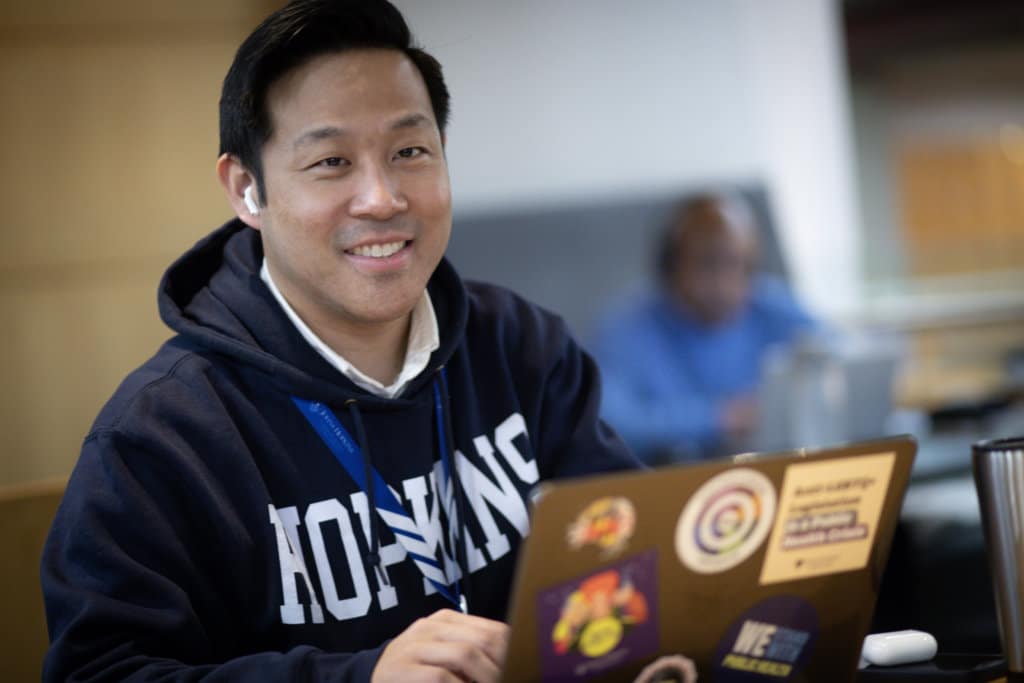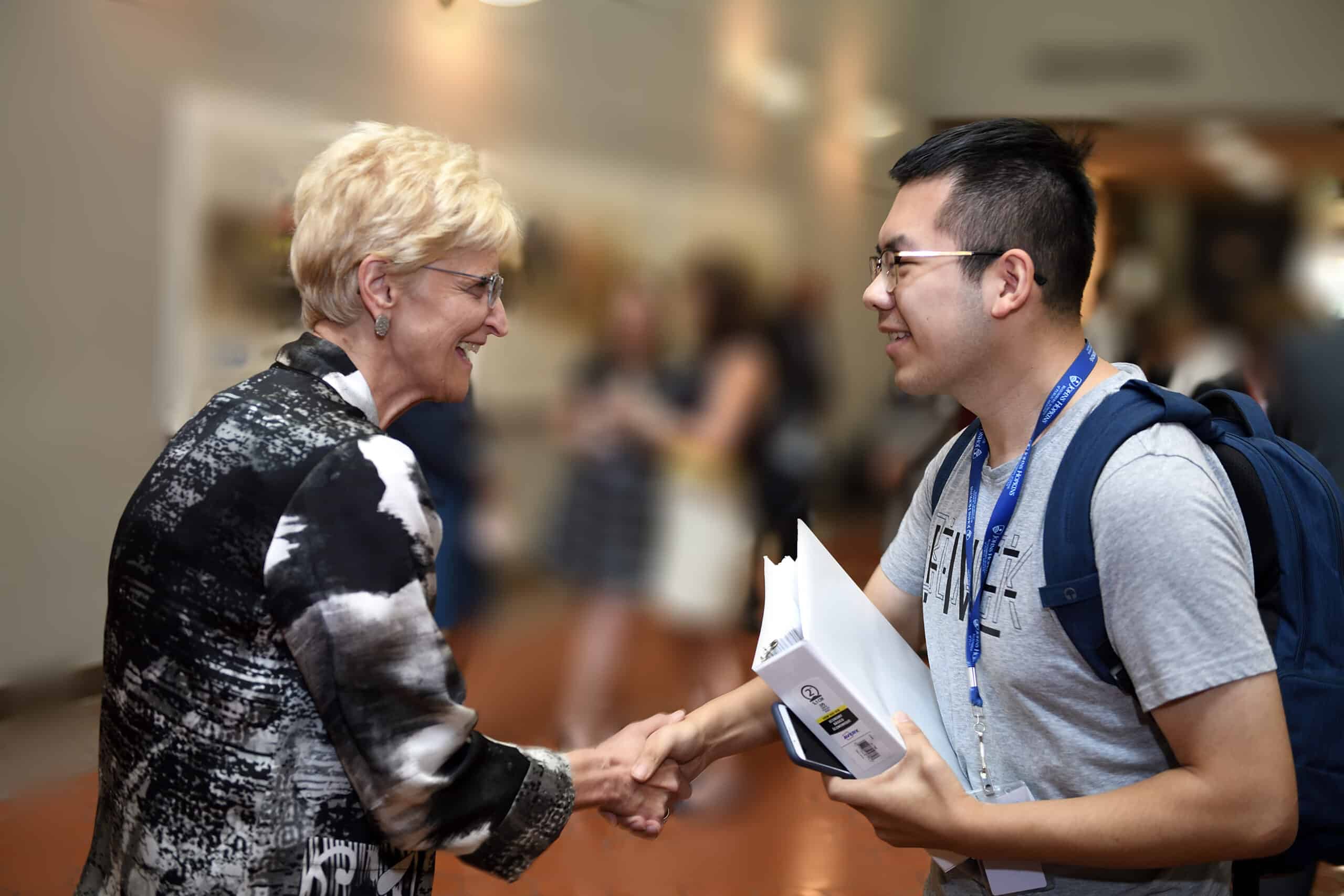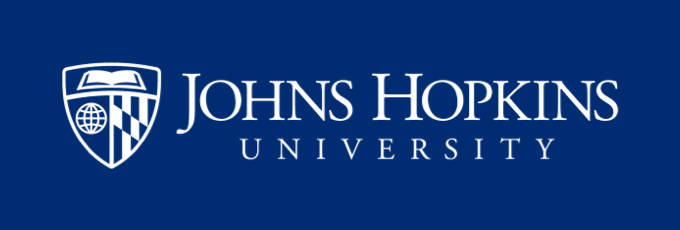Public health is a dynamic and rapidly evolving field that stands at the forefront of safeguarding and promoting the well-being of populations worldwide. However, with the constant emergence of new health challenges and the growing interconnectivity of our global society, the need for versatile and flexible degrees in public health has become paramount. This is a fact the Johns Hopkins Bloomberg School of Public Health knows best; that’s why its Master of Public Health (MPH) programme is as flexible as can be.
They know that tomorrow’s practitioners have specific passions. Some want to prevent rapid viral outbreaks and pandemics. Others might wish to spread awareness of chronic conditions like heart disease and diabetes. Mental health concerns, ageing populations, environmental hazards, and health disparities are common focus areas, too. But for some individuals, personal tragedies can serve as a catalyst for making a meaningful difference in the lives of others.
Take Jonathan Cottor, for instance. After he and his wife moved to the UK, their son, Ryan, was diagnosed with spinal muscular atrophy at eight months old and given a life expectancy of under two years. Thankfully, they came across a pediatric palliative care home in England, but they were disheartened upon their return to the US, realising that such facilities were nonexistent there just yet. Determined to make a difference, they opened Ryan House in Phoenix, Arizona, in 2010 — a nonprofit palliative care home that, as of today, has provided respite and support to thousands of families.

Source: Johns Hopkins University
After exponentially exceeding his life expectancy, Ryan passed at 17. His death fuelled his father’s journey to Bloomberg School, where he enrolled in the online MPH and completed it within 11 months. At the same time, as a method of applying knowledge, he worked on expanding palliative care homes and hospice centres across the country. Currently, four are operational, and 15 are in development — Cottor aims to use his newfound expertise to unite them into a national coalition.
“I am very driven to be a champion for children with complex medical conditions and their families,” he said. “Ryan remains my north star.”
Flexibility makes outcomes like these possible for MPH students at Bloomberg School. Over 1,500 faculty members dedicate their expertise to the School, ensuring the MPH’s hundreds of courses are taught effectively. Students like Cottor, who choose to study online, appreciate the pre-recorded lectures, discussion boards, and live chats. Of course, they are always welcome on-site as well to participate in live lectures and grow their network. The full-time MPH is an 11-month experience, which spans one academic year at the Bloomberg School.
For both options, core coursework, which is grounded in foundational public health knowledge, comprises roughly half of the curriculum. The rest is entirely up to each student. This MPH grants students the freedom to customise their academic journeys with elective coursework that matches their personal interests and long-term aspirations. It’s also a school-wide degree, meaning it’s not housed within a specific department — this enables students to choose from over 200 courses, a suite of special programmes, and eight dual degree options — designed in collaboration with other Johns Hopkins schools or other universities.
Full-time students keen on specialising but are spoiled for choice could opt for group elective courses by choosing one of 12 concentrations: Aging and Public Health; Child and Adolescent Health; Epidemiologic & Biostatistical Methods for Public Health & Clinical Research; Food, Nutrition and Health; Food Systems and Public Health; Global; Environmental Sustainability & Health; Health Leadership and Management; Health Systems and Policy; Humanitarian Health; Infectious Diseases; Social & Behavioral Sciences in Public Health; or Women’s and Reproductive Health.

Source: Johns Hopkins University
Focus areas aside, all MPH students are required to complete a practicum. This allows them to engage in applied practice activities aligned with their career goals and respective interests — in turn boosting their employability. Students are welcome to create their own practicum experience with a Bloomberg faculty member involved in a practice-based project that resonates with them or with an outside public health practitioner. Prime examples of customised practicums include ones carried out at the World Health Organisation, the Living Classrooms Foundation, the US Senate Special Committee on Aging, Stanford University Hospital, and several other esteemed bodies.
This level of flexibility explains why Bloomberg School excels in producing diverse cohorts of powerhouses — each leaving their mark on the world in their own unique ways. Jason Matheny earned his MPH in 2004 and is currently the president and CEO of the RAND Corporation, a nonprofit, nonpartisan research organisation that helps improve policy and decision-making through research and analysis. Houssam al-Nahhas graduated in 2020 and is currently tackling human rights violations and attacks on health systems during times of conflict. Rajesh Panjabi left Bloomberg School in 2006 and is now a Special Assistant to The President and Senior Director of Global Health Security and Biodefense at The White House.
Such outcomes are typical of aspiring world-changers empowered and encouraged to chart their own path. To follow in the footsteps of Bloomberg School’s public health heroes, click here to learn more about applications.
Follow The Johns Hopkins Bloomberg School of Public Health on Facebook, Instagram, Twitter, YouTube, and LinkedIn











